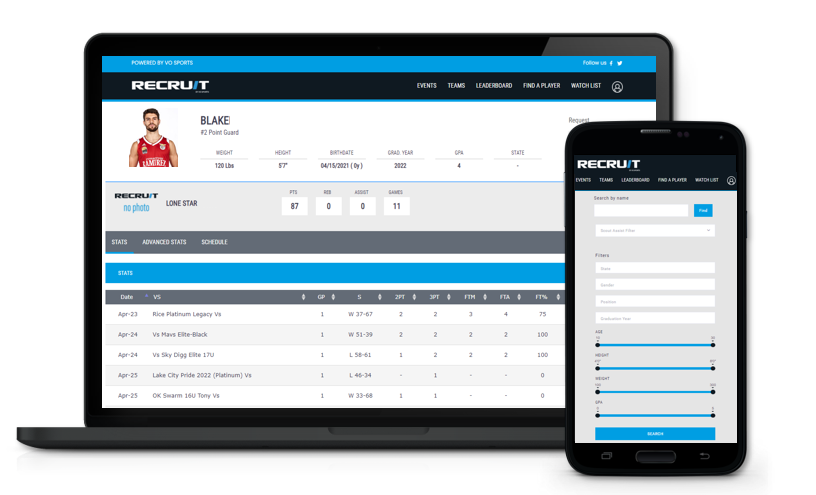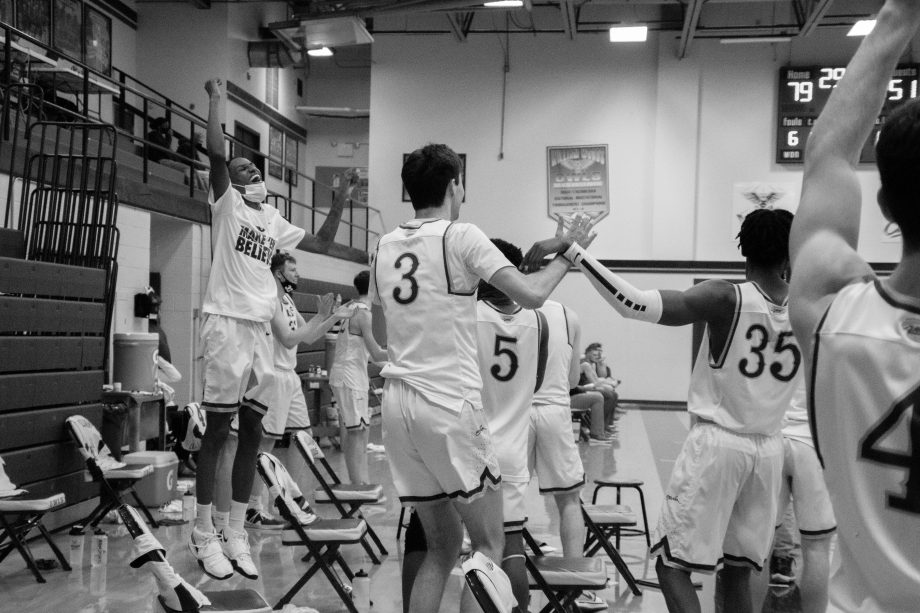The end of the calendar year means that it’s the end for some Summer and Fall sports, the beginning of winter sports, but despite the schedule of your season, there’s something than (almost) never stops: recruiting. Not only because of the pandemic, but with the development of technology and the impact it has in each sport, recruitment has been changing drastically in the last years and it’s another field where coaches need to stay updated and keep up with new trends. During this month, I will be looking to dive deep into recruiting, my experience with it and how I try to evaluate my job, how I try to differentiate myself “in the market” and how I look to keep myself and everyone I interact with accountable during this process.
While recruiting, there is a fine line between looking into the maximum potential of an athlete and forgetting that depending on the sport you coach, only a small percentage of athletes will actually live up to those expectations. How do we manage those expectations? How much influence does it have on the type of personality we are looking for in our athletes? How willing are you to admit to a player and their family that they are not going to be one of the 10 best players of their team, but that you still value them as a person and athlete? All these questions are constantly popping up, and let’s not fool anyone: recruiting is a dangerous game with heavy competitors. Just like on the field, is it worth everything in order to win, or do you stand by your personal and team values, even if that means losing the #1 recruit of your state?

It all comes back together: team identity, values, principles, the modern athlete, all the topics we have mentioned before… Recruiting covers it all, and it’s the start to every new member of your team (or family). I like to think that the way a coaching staff works and builds the team identity could be the main attraction to an athlete to join our team, but that is not the reality: results, facilities, reputation, level of play, players/coaches’ history of going somewhere better… Everything takes into consideration, but from all these points above, how many can you, as a coach, control? What is your role into the things you can control and how are you working to be the “best in the market”? We’ll discuss all of it in the next weeks.

